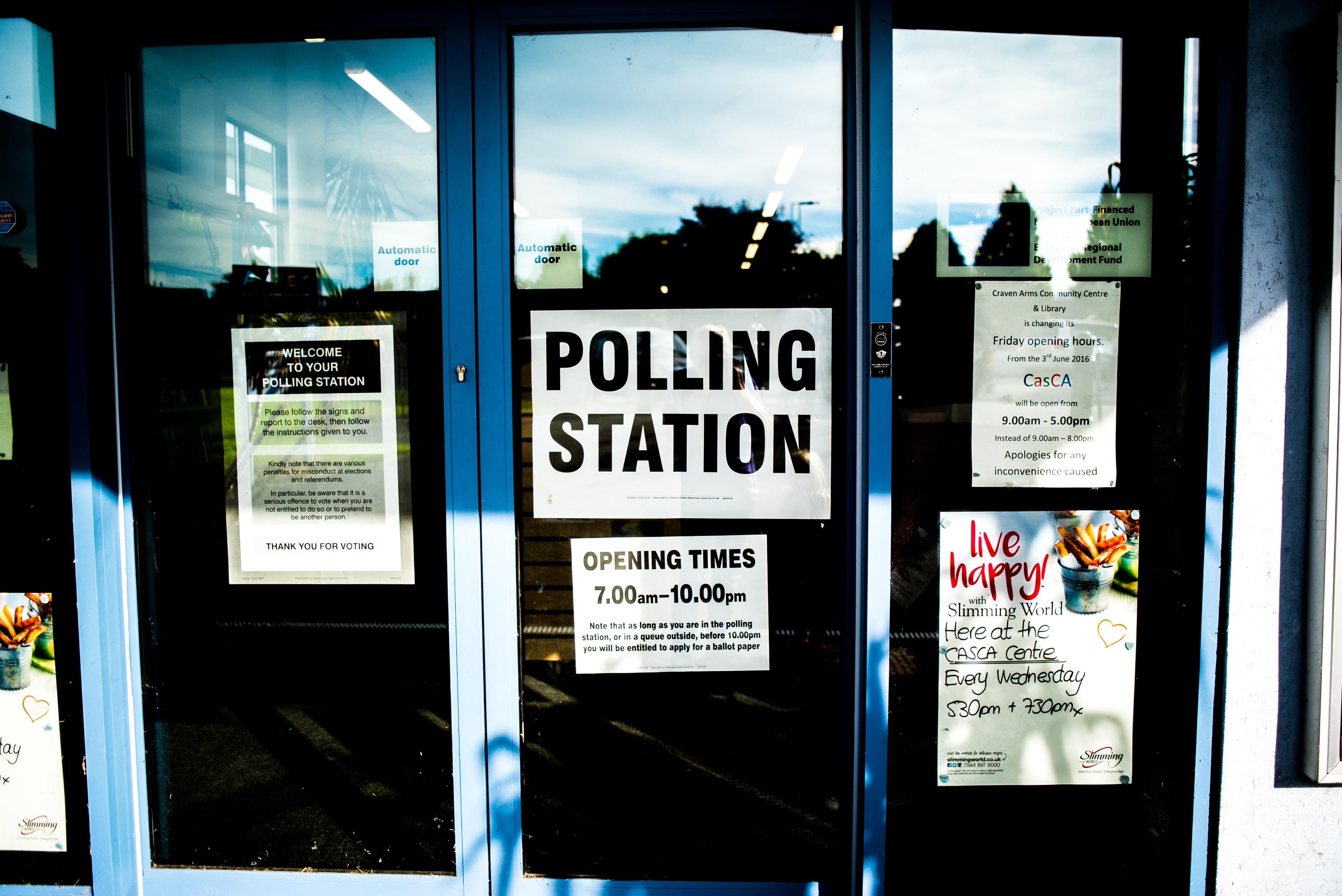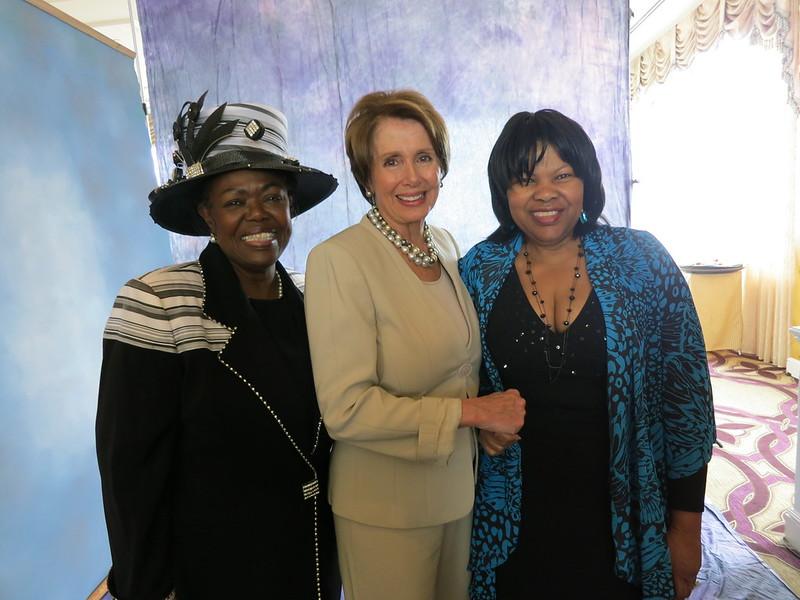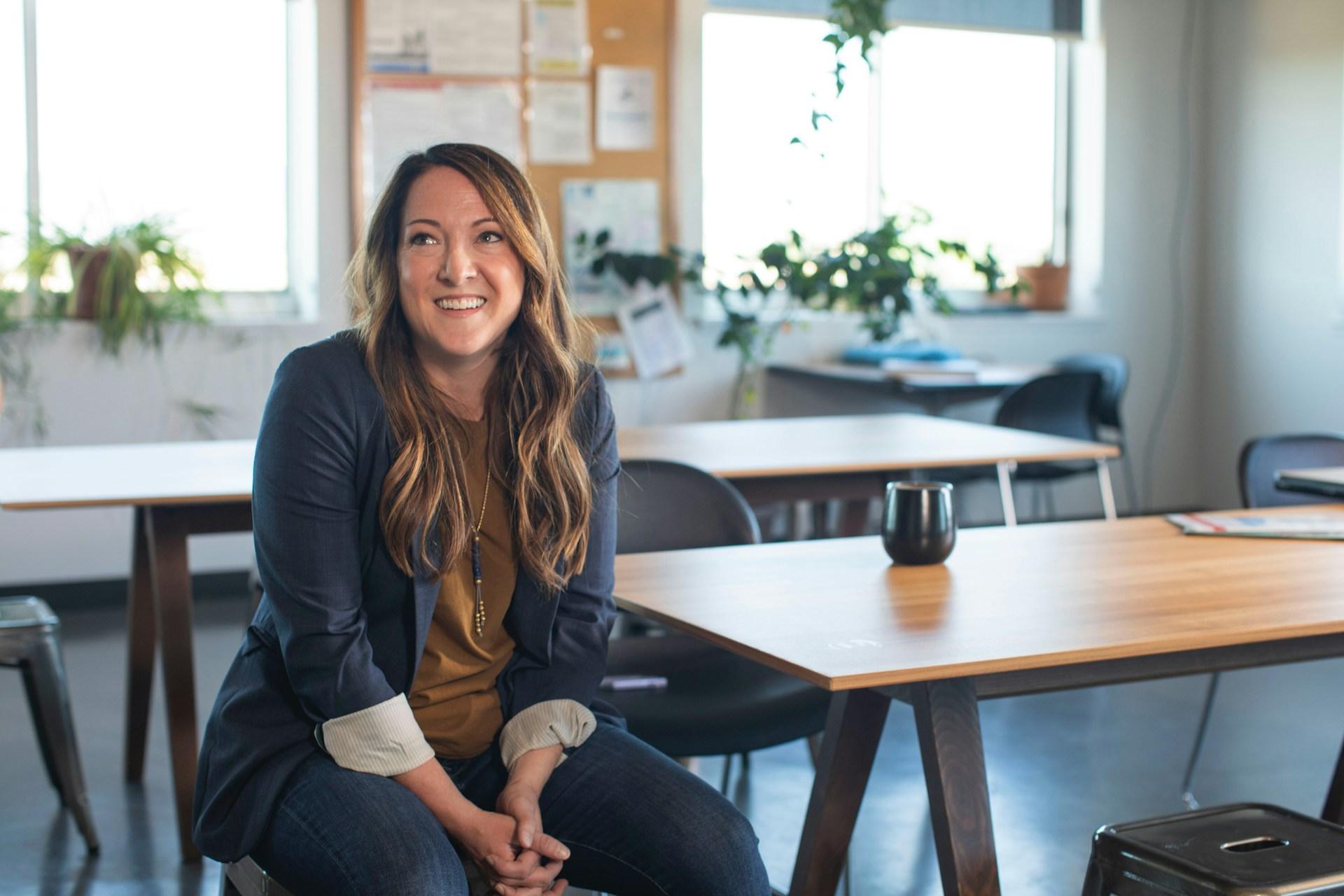Vote And Get Politically Active In These Three Ways

Even if you aren’t interested in politics, it’s difficult to ignore the current American political landscape. From the impeachment inquiry to the growing number of 2020 Democratic presidential candidates, staying politically engaged is becoming the norm. There are national initiatives such as Rock the Vote which works to engage young voters through online mobilization, field organization and the involvement of the entertainment community. After the controversial 2018 mid-term elections, specifically the Georgia gubernatorial race which started conversations about voter suppression, some millennials began to wonder, “Does my vote really count?”.
While voting is an important part of our democracy, there are ways that you can get involved and have your voice heard on issues that impact your community. Here are three ways that you can become politically engaged year-round in addition to voting:
Join An Advisory Board, Commission Or Committee

One way that you can get involved in your local government is to sit on a city council advisory board, committee or commission. Advisory boards, committees and commissions are groups of citizens that advise their local legislative bodies on policy issues such as building codes and school zoning. These groups are also a key communication channel between elected officials and the communities that they service. In most cities the requirements are that you are a resident of the city/county for which you apply, are a registered voter and submit an application. The good news is that you don’t have to have political experience to join a city advisory board or commission. I serve on the Charlotte (NC) Water Advisory and Board. Not only am I learning a lot about local entities and government, I’m networking and working alongside elected and appointed officials. I enjoy the opportunity to contribute to the dialogue on community issues and remain engaged outside of election times.
Volunteer For A Campaign
Barack Obama’s 2008 presidential campaign set a new standard for volunteer engagement. He used engagement with his campaign as an opportunity to train volunteers with new skills and provide exposure to the political process. Whether you want to organize a phone banking party, work the polls or help register people to vote, there are many opportunities to get involved in a campaign.
How do you decide which campaign to volunteer your time and efforts? Attend town halls and meet the candidate events. Go to their website to learn about their platforms and what issues they support and align yourself with a campaign that you feel connected to. You can also volunteer to help candidates for non-local elections, like the presidential race. These candidates have teams in each state that host watch parties, localize the candidates messages and plan events.
Join A Political Or Cause-Related Organization

If you aren’t ready to commit to working on a campaign, think about joining an organization that will provide education and exposure to the political processes like the National Coalition of 100 Black Women (NCBW). NCBW is a non-partisan organization that uses legislative advocacy to promote their public policy agendas. Members of this organization can work directly with their state legislators.
Myeisha Hamilton, a member of the organization’s Queen City Metropolitan Chapter in Charlotte, has learned how to effectively advocate for Black women and girls at the state and federal levels. She feels empowered to “..make sure our needs are voiced to the decision makers to affect positive, good change.”
You can engage in the organization that you join by joining a committee that aligns with your experience or by volunteering in a space outside of your expertise.
We are about a year away from the 2020 presidential election. However, you do not have to wait until election day to become involved. Find causes that you are passionate about and join political campaigns and organizations that support those causes. Join boards and committees to involve yourself in community conversations about policies that effect your daily life. Remember, voting isn’t the only way to make a difference.






